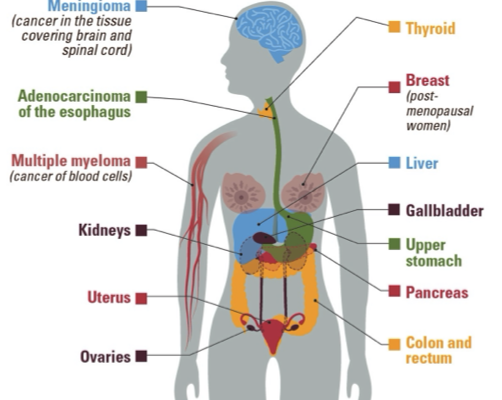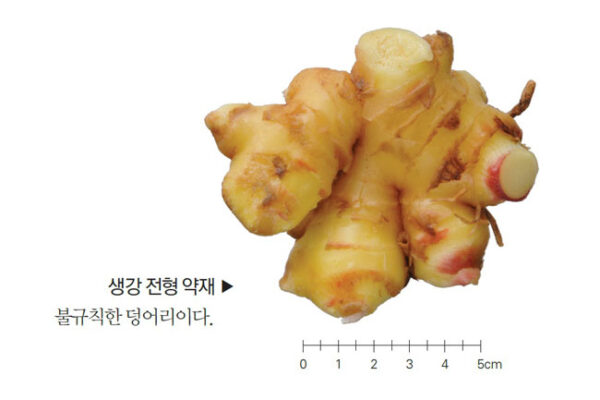Should You Ban Meat? 5 Eye-Opening Truths for Pulmotonia & Colonotonia Types
In the world of holistic health and personalized diets, Korea’s 8-Constitution Medicine presents a fascinating, albeit controversial, framework. It categorizes individuals into one of eight distinct body types, each with unique physiological strengths and weaknesses that dictate an ideal diet. Among the most debated recommendations is the one for the Pulmotonia (Geumyang) and Colonotonia (Geumeum) constitutions—the two ‘Metal element’ types: a near-complete avoidance of meat.
This raises a critical question for followers of the diet: Should individuals with a Pulmotonia or Colonotonia constitution ban all meat from their lives?
The short answer is that there is no definitive conclusion; it remains a highly contentious issue. In reality, complete prohibition is nearly impossible to maintain in modern society. Furthermore, 8-Constitution Medicine has not yet reached mainstream status, making such a rigid and controversial stance difficult to justify for many. The prevailing wisdom among practitioners and followers is to strive for the ideal diet as much as possible, rather than pursuing an unrealistic standard of perfection.
But to explore this question more deeply, we can find insightful clues by looking at the natural world and the very principles of balance that underpin all life.
1. The Flaw in Absolute Prohibition: Lessons from the Animal Kingdom
Nature rarely operates in absolutes. Animals, driven by instinct, often do things that defy our simple classifications.
Consider the lion, an animal that embodies the characteristics of the Hepatonia (Mokyang) constitution. As an apex predator, its primary diet is, without question, meat. A lion is the quintessential carnivore. However, even lions are frequently observed eating grass and other plants. They don’t do this for calories, but for other reasons—perhaps to aid digestion, purge parasites, or obtain micronutrients missing from their carnivorous diet. This behavior shows that even an organism designed for meat consumption instinctively seeks out elements from a completely different food group to maintain its health. It’s a natural instinct for balance.

2. Nutritional Nuance: The Apple-Eating Cow
Now, let’s look at the opposite example. The cow, a classic herbivore, is often associated with the Pulmotonia constitution—the very type advised to avoid most fruits and focus on leafy greens. Cows are built to digest fibrous plants. Yet, in many agricultural settings, they are given apples as a nutritional supplement. Apples, according to the 8-Constitution chart, are considered detrimental for the Pulmotonia type.
Does this harm the cow? Not in moderation. It suggests that even when a constitution has a strong biological preference, life itself requires a spectrum of energies and nutrients. For life to be sustained, an organism needs a proper balance of the Five Elements (Ohaeng). From this perspective, consuming a small amount of a theoretically “unsuitable” food isn’t just acceptable; it might be necessary to fill a nutritional or energetic gap. The problem isn’t the food itself, but the imbalance caused by overconsumption.
3. The Argument for Balance Over Banning
The core principle at play is balance. The human body is an incredibly complex system. While the 8-Constitution theory suggests that Pulmotonia and Colonotonia types have an inherently overactive lung/colon system and a relatively weaker liver/pancreas, making meat and wheat flour difficult to process, this doesn’t automatically mean that a single bite is toxic.
Life requires a harmonious blend of different energies. Completely eliminating a major food group like meat could, in some cases, create a different kind of imbalance. A small, occasional intake of high-quality meat might provide essential amino acids, vitamin B12, or iron that are harder to obtain from a purely vegetarian diet, without overburdening the system. The key is quantity, frequency, and listening to your body’s response.
4. A Personal Theory: Stress as an Evolutionary Catalyst
Here’s a more philosophical take: perhaps encountering and processing “unsuitable” foods is not a weakness, but a catalyst for growth. When the human body is faced with a stressor—be it a challenging environment or a less-than-ideal food—it is forced to adapt.
Could it be that being in an environment where one must occasionally consume foods not perfectly matched to their constitution provides the necessary stimulus for humanity to evolve into a more resilient, adaptable species? This is purely speculative, but it reframes the “problem” of eating the “wrong” food as a potential long-term strength. Instead of weakening us, these minor dietary challenges might be what make us stronger over generations.
5. The Anecdotal Evidence: Feeling Weaker on a “Perfect” Diet
Theory is one thing, but personal experience is another. I have personally found that when I am healthy and free from any specific ailment, adhering too strictly to my constitutional diet makes me feel weaker and more fragile. My body seems to lose some of its resilience.
This experience is shared by others who find that extreme dietary restriction, even when theoretically “correct,” can lead to a state of physical delicacy. It’s as if the body, no longer challenged, loses its ability to handle variety. This suggests our well-being is more robust when we embrace a varied diet in moderation, rather than living in a protected, and perhaps brittle, dietary bubble.
Conclusion: Enjoy Your Food, Wisely
Ultimately, the decision of whether to completely ban meat as a Pulmotonia or Colonotonia type is a personal one without a universal answer. The evidence from nature and personal experience suggests that absolute prohibition is not only unrealistic but may not even be optimal.
The wiser path seems to lie in moderation and self-awareness. Strive to eat what is best for your constitution the majority of the time, but don’t live in fear of the occasional deviation. Life is meant to be lived and enjoyed, and that includes the pleasure of food.
So, have a wonderful day, and enjoy whatever you choose to eat.
For the original Korean text, visit here. If you’re curious about the basics of traditional Korean medicine and health, read the following article: The Truth About 8 Constitution Medicine: A Revolutionary Healing Framework Explained Key Concept in 8, Eight-Constitution Medicine: Optimal Imbalance (What Constitutional Diagnosis Really Means) What Your Sleeping Position Says About Your Health Learn Why Studying JangSang Medicine is Important. Frequently Asked but Silly Questions (Foods Good for the Liver??)



